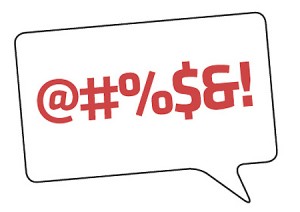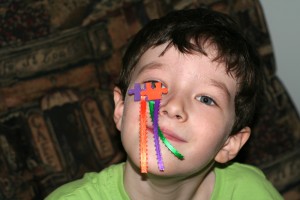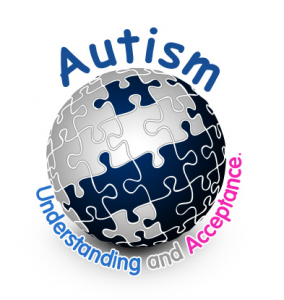It’s no secret that the Autism community is quite divided on many topics and I’ve even written before about how easy it is to offend one side or another depending on what you say.
For the last 4 months, I had been trying to organize a rather large campaign to get as many people to write about “Understanding and Acceptance” for those that live with Autism every day.
It’s done well but has perhaps also added fuel to an already hot topic. One that has turned two very good, very positive words into opposing sides of a war.
Cure
This word is often used in finite terms, such as how antibiotics can kill a virus or infection and leave you without a trace of the offending agent of illness.
The issue here is that many people with Autism (especially Aspergers) and even those that love them, feel that autism is a part of what makes a person the person that they are. It affects every aspect of their life from birth to where they are today and to remove that would be like removing a part of who they are.
When a loved one (usually a parent) is presented with a child that is “low functioning”, they would love nothing more than to cure their child. Some children (even those that are of adult age) are unable to speak, use a toilet, live independently, they hurt themselves, wander off with no idea what they’re doing or where they’re going… they’re unable to express themselves, their feelings or desires.. they’re trapped.
What results is the people from group a (Aspergers/high functioning) often resenting those from group b (lower functioning loved ones) for wishing to “remove” a part of their children. They consider it quite offensive to think that Autism is an invasive illness that needs removing.
Acceptance
Acceptance is the cornerstone in giving women equal rights, abolishing slavery and in squashing racism… it is therefore considered necessary to give those that are different a chance to co-exist as equals among those that are “normal.”
Many people view Autism/Aspergers as a gift, an ability to think and visualize the world in a very different way from a person without it, however, it also comes with some complications in that their senses may over load them, they are unable to socialize as easily or effectively and may need some “allowances” from people such as added patience and understanding in both their professional and personal lives.
Should people learn to accept and understand these differences, not only could those with Autism/Aspergers excel but may be able to excel much further than anyone has before them in their field!
Well, the problem is that it’s all well and good for those that can work, those that can socialize even if only a little but for those parents/loved ones who witness their child being bullied, beaten, isolated and even institutionalized because they don’t even have a chance at acceptance since they are unable to truly interact with the world to begin with, acceptance is not only impossible but it’s a source of anger.
Those loved ones don’t need anyone to accept their child. They need for their child to learn to talk. They need for their child to learn to use the toilet. Acceptance, to them, is like expecting a bird to be able to fly before it even hatches from it’s egg… much less grows it’s feathers.
They can’t even think about acceptance because without a cure, there will never be acceptance… and if they had a cure, why would they need it?
Conclusion

bad words
The disconnect here happens because people view the world in black and white… there is their world, and then… well, that’s it. Their world. You can’t blame them if it’s someone they love, especially a child. You very quickly learn to not care about other people’s rainbow coloured happy places when you want your child to simply have a chance at a normal life and people attack you for it.
Likewise, you can understand how someone, anyone really, would get upset when others think that you should have a part of yourself removed because they don’t think you’re good enough the way you are. If you have any self worth, any self confidence, you are more than happy with who you are and don’t care what anyone else thinks.
The thing is, there’s a world beyond our own and we can’t push our world onto other people. What someone wants for themself isn’t necessarily a reflection of what they want for you… or how they view you for that matter.
One mother that wants the autism out of their grown, non verbal child doesn’t necessarily want the autism out of a 12 year child that has a higher IQ than Einstein.
Likewise, I’m sure most people with Autism/Aspergers that can fend for themselves would never want a parent to have to take care of their child forever.
These are not bad words and certainly not a cause for hatred. We just have to stop taking things so personally. We have to learn to accept that there can be a compromise.
A new way to think about old words
Perhaps a cure doesn’t have to mean “removing all” and instead can mean “removing the barriers”… implying that they’ll still have autism but maybe now they can talk, leave home, hold down a job and start a family of their own.
Perhaps acceptance doesn’t have to mean that the world just says “well, they’ll never talk.. accept it” and instead means that the world accepts that there needs to be a change in priorities, a change in how funding is not available, a change in how parents feel so alone with no where to go.
The world isn’t black and white. And the world isn’t just about you. We can co-exist… and understand that people want what they want and that they have their reasons for wanting it.
Don’t be so quick to judge, don’t be so quick to get defensive. A cure is not a cure for all and acceptance isn’t acceptance for all. Either support each other in their goals and desires or don’t. There’s no reason to hate.













